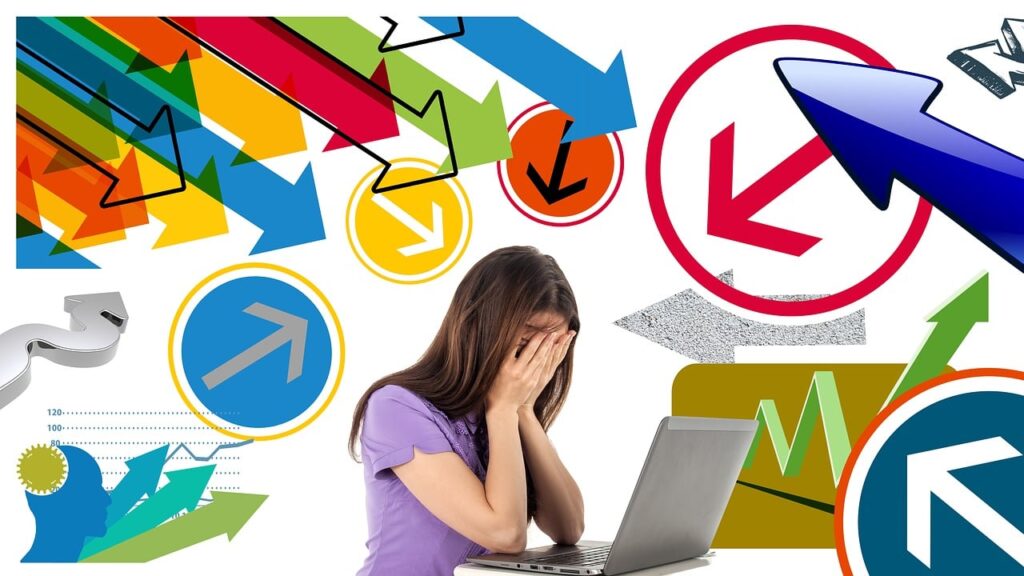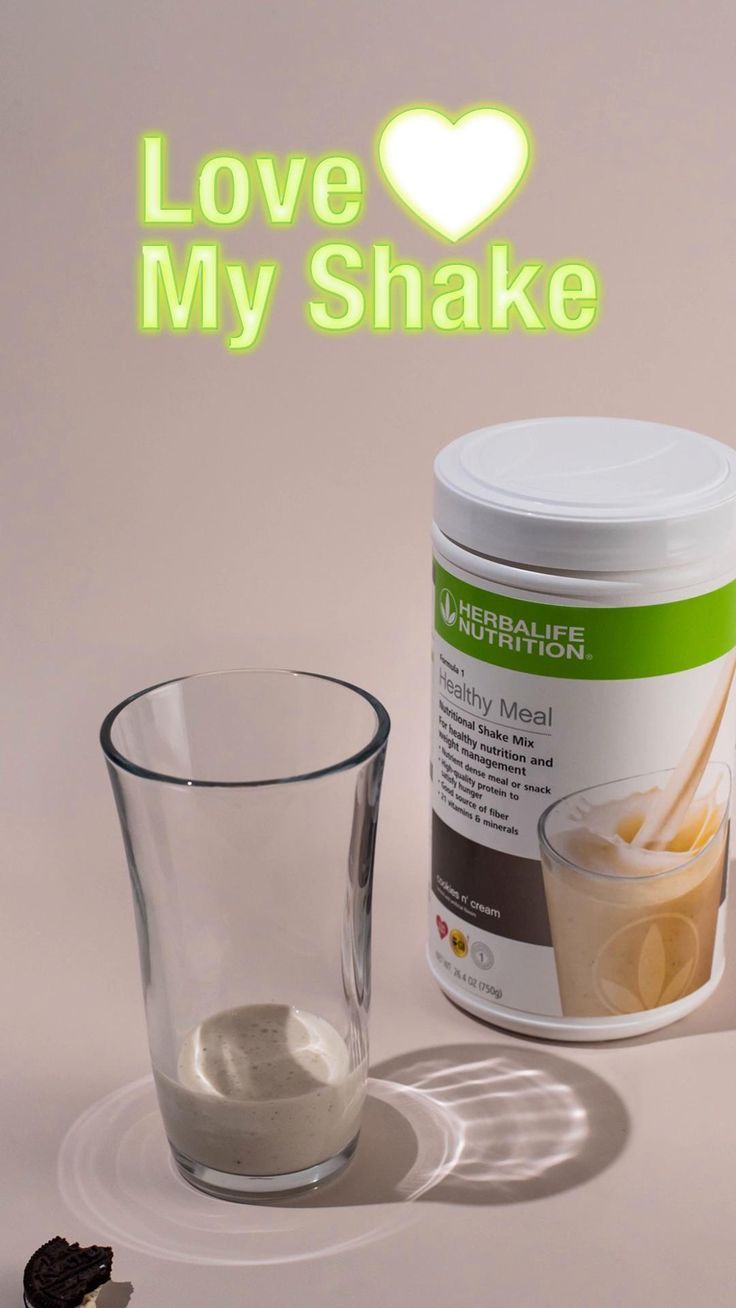Imagining a world where you wake up every day feeling refreshed, energized, and ready for anything. In a world where stress doesn’t slow you down or hamper your progress.
Stress is a common problem that affects many working professionals. It can be caused by a variety of factors, including work pressure, long hours, and personal issues.

I have personally experienced stress’s negative effects, and I know how difficult to deal with it was. A few years back, I went through the same stage. Despite this, I have learned that there are some effective methods to reduce stress.
In that scenario, I learned how many of our surroundings are going through the same problem as me. They cannot concentrate on their daily lives. That affects their healthy lifestyle.
So, I decided to write an article sharing a few ways for working professionals to reduce their stress levels.
Table of Contents
ToggleWhat Causes Stress?
A better question may be what doesn’t cause stress? We all face challenging moments and process them differently. Stress adversely affects our immune system and makes us more prone to diseases. Various factors can cause stress, including physical and emotional.

Image credit – Image by Gerd Altmann from Pixabay
Let’s learn some common causes of stress:
- Job Pressure
- Financial Crisis
- Relationship Issues (such as Marriage, Divorce, etc.)
- Poor Nutrition
- Health Issues
- Lack of Sleep
- Major life changes (Starting a new Job, Shifting to an entirely different place.)
Let’s look at 10 proven ways to reduce stress for working professionals. This will help them relax and avoid stress.
1. Physical Techniques for Stress Relief
Research shows that physical exercise increases your overall health which promotes relaxation and reduces stress.
1.1 Exercise
Regular exercise reduces stress. Physical activities such as exercise, sports, and yoga can reduce stress. Even a short walk during a lunch break can reduce stress levels.
Examples include yoga, cardio, and strength training. Try to do it for at least 30 minutes per day a week.

1.2 Sleep
Sleep is crucial for managing stress. The best way to improve sleep quality is to maintain a consistent sleep schedule, create a relaxing sleeping environment, and avoid caffeine and electronics before bedtime. Try to sleep for at least 7-8 hours per night.

2. Mental Techniques
Mental techniques such as mindfulness, meditation, and deep breathing can reduce stress by calming the mind and promoting relaxation.
2.1 Mindfulness and Meditation
Mindfulness and meditation have numerous benefits, including reduced stress. Tips for practicing mindfulness and/or meditation include finding a quiet space, setting a regular time, and focusing on the present moment.
2.2 Deep breathing exercises
Let’s focus on your breath. Inhale deeply, fill your lungs with fresh air, and exhale slowly, releasing any tension or negative energy. Deep breathing exercises activate the body’s relaxation response, reducing stress and promoting calm.

Image Credit – https://pin.it/5sDaOLV
2.3 Visualizations and positive affirmations
Harness your imagination to create a peaceful mental space. Close your eyes and visualize a serene scene—a beach, a lush forest, or a quiet mountaintop. Engage all your senses, imagining the sounds, smells, and sensations of this calming place.
Alongside visualization, repeat positive affirmations such as “I am calm, capable, and in control,” reinforcing a positive mindset and reducing stress.
Positive affirmations can help you reframe negative thoughts. Examples include “I am capable” and “I am worthy”. Incorporate positive affirmations into your daily life by writing them down or saying them aloud.
3. Maintain a healthy diet
A healthy diet provides the body with the nutrients which help in reducing stress. Avoiding processed foods, sugar, and caffeine can also reduce stress levels.
3.1 Impact of nutrition on stress levels
Certain foods can exacerbate stress. Avoid or limit processed foods, sugary snacks, and caffeine, as they can contribute to anxiety and mood swings. Instead, focus on nourishing your body with whole foods rich in nutrients.

3.2 Foods that promote relaxation and reduce stress
Try to eat vegetables, fish, nuts, seeds, and whole grains. These foods provide essential vitamins and minerals that support your stress response and promote overall health.
3.3 Hydration is important
Don’t underestimate hydration. Dehydration can amplify fatigue and stress. Make sure you drink enough water throughout the day to keep your mind refreshed.

4. Work/Life Balance
You should always maintain a healthy balance between your professional and personal life.
4.1 Time Management
Effective time management reduces stress. You need to create a to-do list, prioritize tasks, and take breaks.

4.2 Saying “No”
Learning to set boundaries and say “No” to stress. Stress can be added by overcommitting yourself to unnecessary work assignments and declining social invitations.
4.3 Unplug from Technology
Technology can increase stress. Setting boundaries, turning off notifications, and taking breaks from electronic devices are some tips for unplugging technology.
5. Social Techniques
Strong social connections can help reduce stress and provide much-needed emotional support.
5.1 Connect with Friends and Family
Spending time with loved ones can reduce stress by providing emotional support and promoting connection.
Social support reduces stress. Suggestions include calling a loved one, scheduling regular meetups, and spending quality time with family and friends. Spending time with loved ones can reduce stress by providing emotional support and promoting connection.
Share your feelings, concerns, and challenges with trusted family members and friends who can offer empathy and understanding.

5.2 Join a Group or Club
Joining a group or club can provide social support. Examples include a fitness class, book club, or hobby group. Find a group or club matching your interests.
5.3 Volunteer
Volunteering can reduce stress and provide a sense of purpose. Examples include volunteering at a local nonprofit, food bank, or animal shelter.
6. Self-Care Practices for Stress Reduction
In our daily busy lives, it’s crucial to take care of yourselves to reduce stress and maintain balance in our lives.
6.1 Practice Self-Care:
Self-care practices like getting a massage, taking a relaxing bath, or reading a book can reduce stress by relaxing the body and mind.
6.2 Engage in hobbies and activities you enjoy
Engaging in activities you love can provide an escape from work stresses. Whether it’s painting, playing an instrument, watching sports, gardening, or dancing, find something that brings you joy and make it a regular part of your routine.

6.3 Reduce Drug, Alcohol, and Caffeine Intake:
Drugs, alcohol, and caffeine contribute to stress levels. Reducing or eliminating these substances can reduce stress and improve overall health.
7. Alternative Techniques
Some alternative techniques can help you to reduce your stress.
7.1 Acupuncture
Acupuncture can reduce stress. The best way to find a reputable acupuncturist is by checking credentials, reviewing patient reviews, and requesting recommendations from others.
7.2 Music Therapy
Music therapy can reduce stress. Effective music for stress relief includes classical, nature sounds, and instrumental music. Incorporate music therapy into daily routines, such as listening to music during breaks.

7.3 Art Therapy
Art therapy can reduce stress. Techniques include coloring, painting, and drawing. Benefits include improved mood and stress relief.
8. The Power of Laughter
Laughter is the most effective medicine in helping to reduce stress and anxiety and helps you to stay healthy.
8.1 Laughter’s Role
Nowadays, many people are suffering from depression and anxiety. Laughter can help relieve stress, depression, and anxiety and may make you happier. It can also improve your self-esteem.

8.2 Laughter Therapy
A type of therapy that uses the mind to relieve pain and stress and improve well-being. It may help people cope with severe diseases, such as cancer, etc. Laughter therapy may include exercises, clowns, comedy movies, books, games, and puzzles.
8.3 Watching a comedy, sharing jokes, and finding joy
Engage in activities that bring a smile to your face. Attend comedy shows, share jokes with friends and colleagues, or participate in laughter yoga sessions. Live life to the fullest and enjoy moments of pure joy.
9. Spending time with Pets
Having pets can reduce stress by promoting relaxation and reducing tension.
9.1 Bonding with Pets and reducing stress
Take the time to engage in activities with your pets, such as playing, cuddling, or going for walks. These interactions can boost your mood, reduce loneliness, and distract you from work-related stress.

9.2 Pet-related activities for stress relief
Explore different activities you can do with your pet to reduce stress. Play with your pets, participate in relaxation exercises, or simply share quiet moments with your loved one.
10. Seeking Support from Professionals
If stress becomes overwhelming or begins to significantly impact your daily life, seeking professional help is crucial.
10.1 Therapy and Counseling for stress management
The goal of therapy and counseling is to explore the source of your stress and come up with effective coping strategies. A trained professional can offer guidance, support, and tools measured to your specific needs.
10.2 Stress management workshops and Programs
Consider participating in stress management workshops or programs that provide valuable insights and practical techniques. These programs often offer a supportive community where you can connect with others experiencing similar challenges.
Conclusion
In the fast-paced world, stress is a common problem for working professionals, but it doesn’t have to consume your life. Prioritize self-care, seek support when needed, and relax and recharge.
Reach out to loved ones, seek professional help if needed, and explore different stress reduction strategies until you find what works best for you. Laughter, meditation, yoga, and time with your pets can all help you feel calm and relaxed. Prioritize self-care and make choices that nourish your body and mind.
Including the above-mentioned ways into your daily routine, will improve your overall well-being and reduce stress levels.
Frequently Asked Questions
How long does it take to see results from stress-reducing techniques?
Results can vary depending on the individual and the technique used. Some people may see immediate results, while others may take longer to notice a difference.
Can stress-reducing techniques be used in the workplace?
Yes, some stress-reducing techniques can be used in the workplace, such as deep breathing, and taking breaks.
Are these techniques suitable for everyone, regardless of age or physical condition?
Yes, these stress-reducing techniques can be adapted to suit individuals of all ages and physical conditions. It’s important to choose according to your needs.
What if I don’t have time for self-care practices?
Taking a few deep breaths or going for a short walk can make a big difference in reducing stress.
Can stress affect work performance?
Yes, stress negatively impacts work productivity. As a result of job stress, employees are more likely to make mistakes, perform poorly, and experience mental health issues as well as conflict in their workplaces.
Note – If you want to know about Herbalife Nutrition, its benefits, importance, and products, you can refer to my article – https://prosandip.com/herbalife-nutrition/




